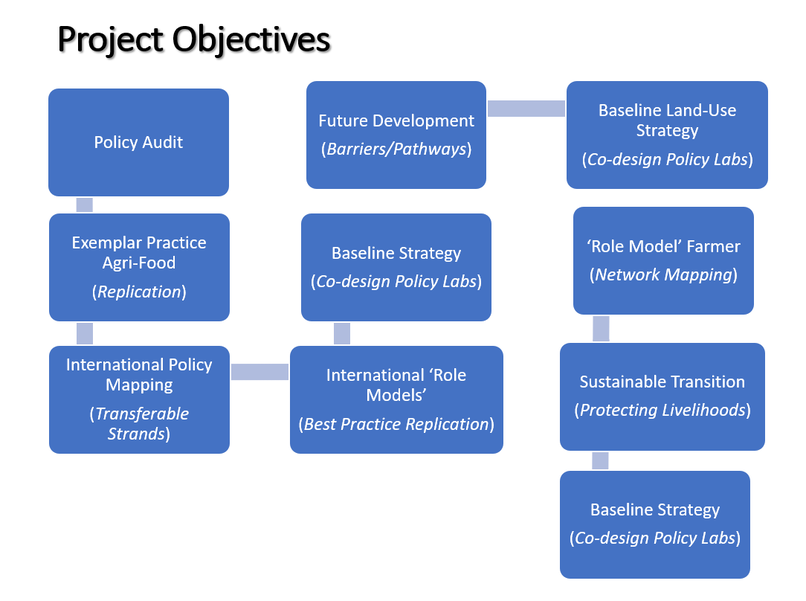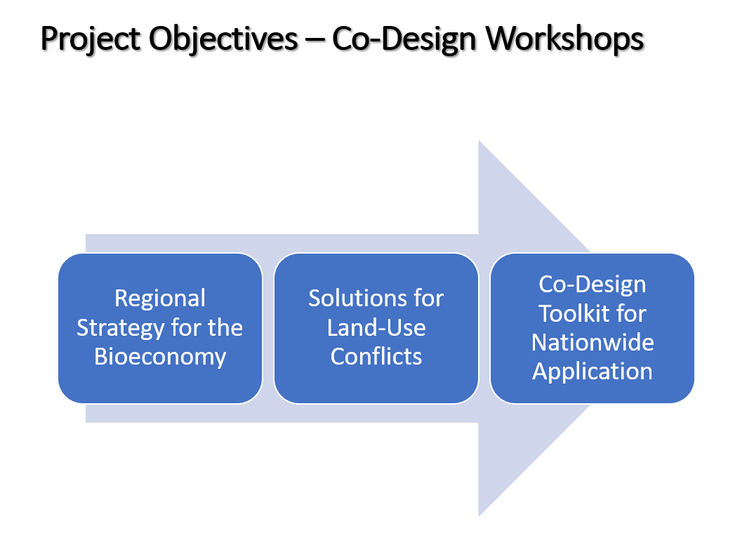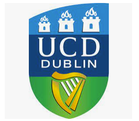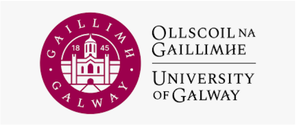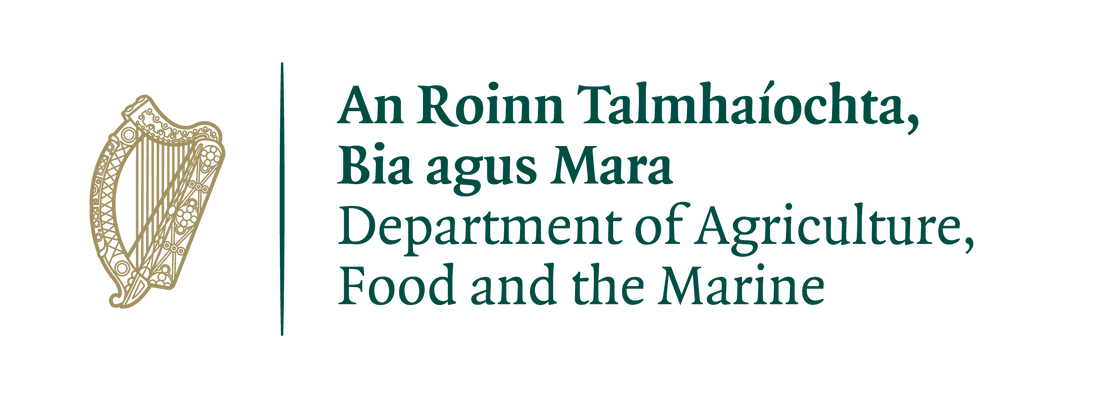Our Primary Goal
To produce an evidence-based, co-designed set of policies for the regional bioeconomy in Ireland, focusing on 1) circular practice in the agri-food industry; 2) a regional land-use and conflict resolution strategy; 3) solutions for transition to more sustainable farming practices; and 4) a co-designed toolkit for wider application.
To produce an evidence-based, co-designed set of policies for the regional bioeconomy in Ireland, focusing on 1) circular practice in the agri-food industry; 2) a regional land-use and conflict resolution strategy; 3) solutions for transition to more sustainable farming practices; and 4) a co-designed toolkit for wider application.
Project Objectives
1. To conduct an audit of national and regional policy on the bio-economy with particular focus on agricultural and land-use practices;
2. To identify case study exemplars of best practice operating in the agri-food sector in Ireland and to establish how strands of exemplar practice can be replicated in other contexts;
3. To identify European ‘role model’ regions, undertake a policy mapping exercise and identify various strands of international bio-economy policy that are transferable to selected Irish regions;
4. To identify case study exemplars of best international practice operating in the agri-food sector of ‘role model’ regions and to establish how strands of international best practice can be replicated and advanced in the Irish context;
5. To generate baseline strategies and recommendations, including exemplars of best practice, for testing in co-design innovation laboratories towards the production of a co-produced regional strategy for the bio-economy;
6. To ascertain potential barriers and/or ‘enhancement’ pathways for future development of the regional bio-economy with particular focus on agricultural activities;
7. To generate a baseline land-use strategy for testing in co-design innovation labs;
8. To define the characteristics, and map the bio-economy networks, of the ‘role model’ farmer;
9. To enable farmers to transition to more sustainable pathways using an approach that protects farming livelihoods;
10. To develop baseline strategies and recommendations for the ‘role model’ farm, for testing in co-design labs;
1. To conduct an audit of national and regional policy on the bio-economy with particular focus on agricultural and land-use practices;
2. To identify case study exemplars of best practice operating in the agri-food sector in Ireland and to establish how strands of exemplar practice can be replicated in other contexts;
3. To identify European ‘role model’ regions, undertake a policy mapping exercise and identify various strands of international bio-economy policy that are transferable to selected Irish regions;
4. To identify case study exemplars of best international practice operating in the agri-food sector of ‘role model’ regions and to establish how strands of international best practice can be replicated and advanced in the Irish context;
5. To generate baseline strategies and recommendations, including exemplars of best practice, for testing in co-design innovation laboratories towards the production of a co-produced regional strategy for the bio-economy;
6. To ascertain potential barriers and/or ‘enhancement’ pathways for future development of the regional bio-economy with particular focus on agricultural activities;
7. To generate a baseline land-use strategy for testing in co-design innovation labs;
8. To define the characteristics, and map the bio-economy networks, of the ‘role model’ farmer;
9. To enable farmers to transition to more sustainable pathways using an approach that protects farming livelihoods;
10. To develop baseline strategies and recommendations for the ‘role model’ farm, for testing in co-design labs;
Project Objectives (continued)
11. To evaluate what works and does not work in baseline strategies in order to develop a co-produced, bottom-up, and context-specific regional strategy for the bio-economy using a ‘just transition’ approach;
12. To develop solutions for resolving associated land-use conflicts;
13. To develop a regional co-design toolkit for wider Irish application.
11. To evaluate what works and does not work in baseline strategies in order to develop a co-produced, bottom-up, and context-specific regional strategy for the bio-economy using a ‘just transition’ approach;
12. To develop solutions for resolving associated land-use conflicts;
13. To develop a regional co-design toolkit for wider Irish application.
Click on the logos below to learn about our affiliations and funders:


